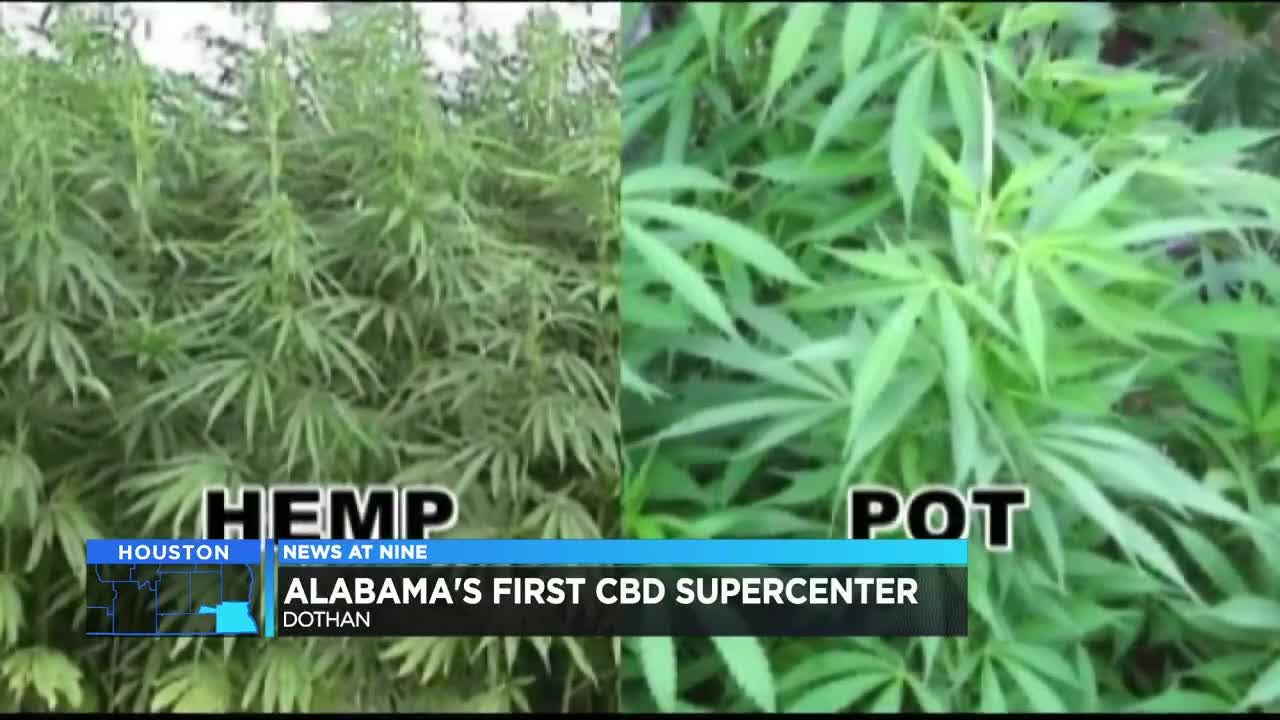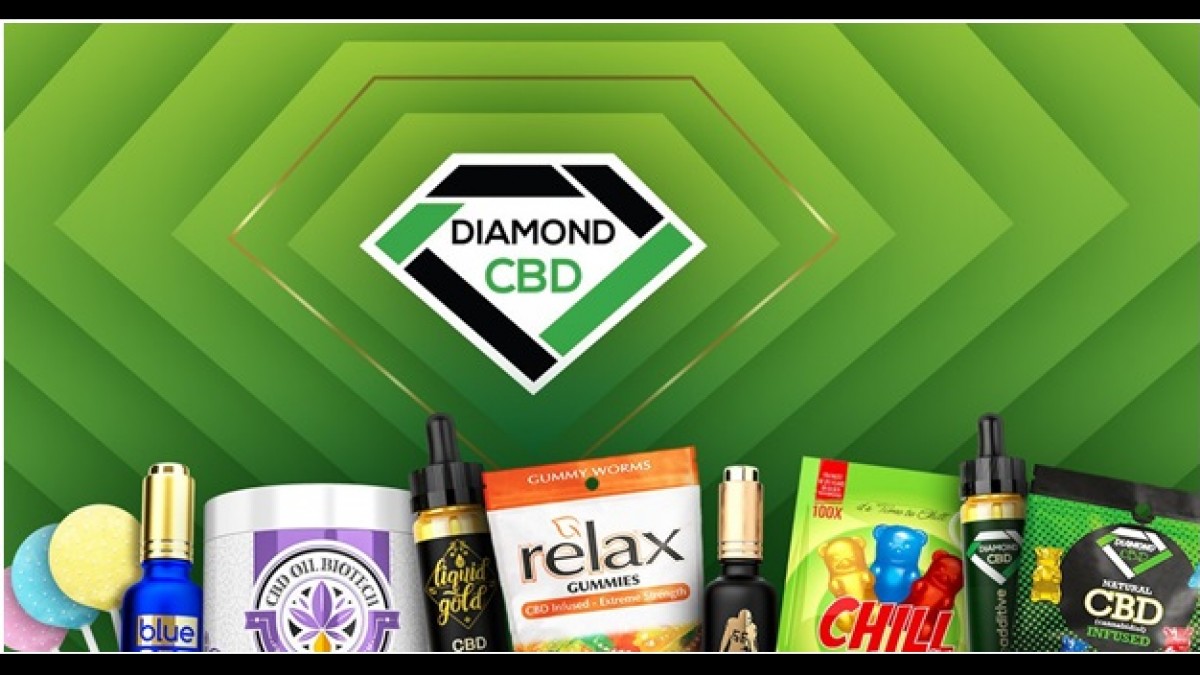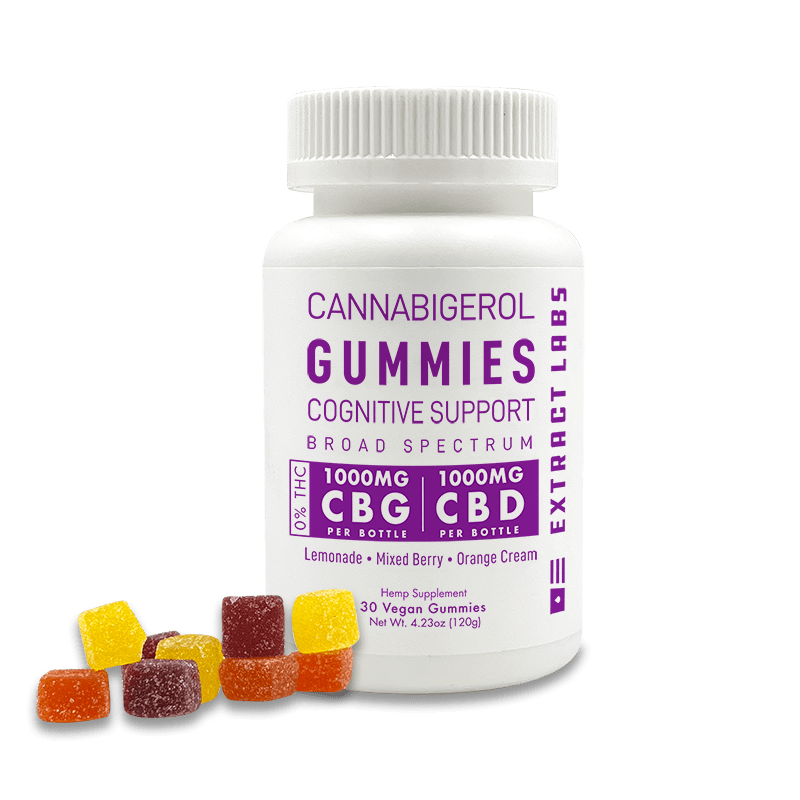
Four Loko has a new Hemp-flavored alcoholic drinks. But have you ever wondered if it contains THC? Does it smell like hippie hair? Read on to find out. It contains zero THC, which will surprise you. Read on for some facts about Hemp-flavored drinks. But be cautious! However, Four Loko hemp is not the best choice for a drink experience.
Four Loko launches a hemp-flavored, alcoholic beverage
Four Loko has announced the release of its hemp-flavored malt beverage, a 12% alcohol by volume beverage. It will go well with junk food and comes in a camouflage-colored green. This new alcoholic drink is the first of its kind and has a similar flavor profile to hemp. It will be a great companion to your next 4/20 party. It could even become addictive, who knows?

The Internet has been abuzz about the drink and it is already generating lots of buzz. Kady Ruth (comedian) recently responded to Akilah Hugh's request and made a series about Four Loko. Ava Gordy, another dancer, also responded by posting a photo collection of the drink. Images of the drink are found all over the web, from Tumblr to Imgur. Original images were taken with disposable cameras or early iPhones.
It does not contain THC
Although it is not clear whether the latest hemp-infused drink contains CBD or THC, the announcement by the company has raised eyebrows. The hemp-infused beverage, which has a 12 percent alcohol content, tastes like a drink for gym lockers or bong waters. There are key differences between hemp infused drinks and traditional marijuana strains. Four Loko hash drinks may have similar effects to marijuana, but they are very different.
One of the biggest differences between Four Loko and cannabis is the absence of THC. Four Loko has no THC and CBD. Four Loko, despite its low price tag, is most commonly sold by urban and underserved retailers. Four Loko may be sold by the same retailers who sell Delta-8 THC. Four Loko retailers might become a niche market by selling Delta-8 THC.

It smells like hippie hair
The company Four Loko has come out with a hemp-infused drink, but I have to admit that it doesn't smell good. It tastes like a boring gym locker room. But that's what it is. It does smell like hippie hair. It's most likely not the alcohol. Four Loko is a beverage business, not a hippie coffee shop.
FAQ
Is there evidence that CBD reduces anxiety?
CBD oil works well to reduce anxiety. This is because it interacts directly with CB1 or CB2 brain receptors. The endocannabinoid (Endocannabinoid) system regulates mood, stress and responses.
When we feel anxious, our bodies release chemicals that activate the CB1 receptor. This receptor activates and sends signals to amygdala which is responsible for emotional processing.
If the CB1 receptor becomes blocked, the brain doesn't get the signal to express emotions. CBD users report less negative feelings.
A 2017 study revealed that CBD lowers anxiety in patients suffering from social phobia. Another study confirmed that CBD can reduce symptoms associated with PTSD.
A 2018 review concluded CBD's anxiolytic qualities could be helpful in treating generalized anxiety disorder.
Another review suggested that CBD might also reduce panic attacks.
However, several studies have shown that CBD actually increases anxiety levels in mice.
Researchers believe this discrepancy in animal data and human data could be due to differences between humans and dogs' responses to CBD.
CBD is not subject to any long-term safety tests. But, experts are unanimous in their belief that CBD is safe when used according to directions.
How can CBD products be promoted in a legal manner by CBD companies?
The FDA does not regulate hemp as an agricultural commodity. The FDA regulates cannabis derivatives (e.g. marijuana) under the Controlled Substances Act. CBD has yet to be subject to specific regulations.
CBD is legal in 29 states. However it is still illegal under federal law. This creates uncertainty for businesses looking to sell CBD products.
The FDA has strict guidelines regarding how CBD products can be promoted. THC content must be clearly disclosed. Companies cannot claim CBD is effective in treating certain medical conditions without supporting evidence.
The FDA also requires manufacturers to provide detailed information about their manufacturing processes and quality control measures. They also require companies to conduct clinical trials to prove safety and efficacy.
These factors should be considered by companies when they develop their marketing strategies.
Is the CBD market saturated?
CBD is seeing a steady growth rate of 25 percent annually. This growth rate is expected to continue at least for five more years. According to industry projections, it will grow from $2 billion to $5 billion by 2020.
The CBD market is currently dominated by two companies - GW Pharmaceuticals and Canndoc Ltd. Both companies have a focus on creating pharmaceutical-grade products. Both have not been very successful to date. Both are struggling to gain traction on the market.
Cannabidiol or CBD is a form of cannabis extract with less than 0.3% HHC. It does not have any psychoactive properties. It is used as a treatment for epilepsy and other medical conditions. It is also commonly used as a dietary supplement.
There are many different types of CBD products available. Some are made using whole plant extracts, while others use isolated cannabinoids such as CBD.
All of these products share one thing: They contain low levels THC.
This makes them legal under US federal law. But, you still have to adhere to local laws when selling CBD products. Check with your state regarding the sale of CBD products.
There are also several states that CBD products are prohibited. These include California. Colorado. Florida. Mississippi. Missouri. New York. North Carolina. Ohio. Oklahoma. Oregon. Rhode Island. South Dakota. Texas. Utah. Virginia. Washington.
CBD products shouldn't be used if you live in any of these states.
What conditions can be treated with CBD?
To have any treatment work, it must first affect the person's overall health. You must have a prescription from a doctor before you use cannabis oil as medicine. If you don't have a doctor's prescription, it is illegal to use cannabis products.
There is no need for a prescription if you are using cannabis oil in a healthy way. You should talk to your doctor to confirm that cannabis oil is safe to be taken.
You can make cannabis oils from whole plant extracts, or isolated compounds called Cannabinoids (THC or CBN). They can contain many cannabinoids such as cannabidiol, tetrahydrocannabinol and cannabinol.
These components interact with the receptors in the body to produce pain relief, stress management, anti-inflammatory and antioxidant effects.
What are some of the common mistakes that companies make when entering America's cannabinoid market
It is easy to make a mistake by not knowing the regulations surrounding cannabis products. This could lead to you having to modify your product formulation.
Another mistake is not being able to correctly label your product. You must know whether your product contains CBD, THC, or both.
Thirdly, you should understand how to package your product correctly. If you have a product that contains THC, make sure it is properly packaged.
Even if your product doesn't contain THC, you must still comply with all packaging laws. There are many states in which cannabidiol is legal.
Finally, you should always keep track of any recalls on your products. If there is a problem with your product, it is important that you inform customers as quickly as possible.
Statistics
- While the primary injury may not be treatable, interventions that attenuate secondary sequelae are likely to be of benefit [203].Only one study (ncbi.nlm.nih.gov)
- The inhibition of FAAH is predicted to lead to an increase in brain and plasma concentrations of AEA, which acts as a partial agonist at CB1R and CB2R, thereby increasing endocannabinoid tone [92, 110]. (ncbi.nlm.nih.gov)
- HR −16 mmHg; 95% CI −26, −6; I2 = 92%) (ncbi.nlm.nih.gov)
- A recent study [161] also found that in vitro CBD treatment (i.e., ≤ 2 h exposure to 10 μM) induced ~40% vasorelaxation in isolated (pre-constricted) (ncbi.nlm.nih.gov)
- however, one study also found that these effects were virtually abolished when the original media (a nutrient broth agar) was replaced with one containing 5% blood (increasing the minimum concentration to ~160 μM CBD) [179]. (ncbi.nlm.nih.gov)
External Links
How To
What are the most common problems in the CBD industry?
The market for CBD products continues to grow at an amazing rate. Businesses looking to get into this market face many obstacles. These include a lack consumer awareness, high-cost entry, limited access capital and regulatory uncertainty.
Many consumers do not know what CBD is or how it works. This means they are not able to make informed choices about whether or no to purchase CBD products.
CBD companies heavily rely on word-of-mouth advertising. This is expensive because it requires paying for advertising and hiring staff to promote their brand.
Another issue for new entrants is the high cost production. The raw materials needed to create CBD products are quite expensive. To make CBD oil, hemp must be grown in certain climates and soil types.
For CBD oil to be produced, you need to plant enough hemp. This costs about $1,000 an acre. Many small farmers are unable or unwilling to invest in this product.
A lack of capital access is another problem that CBD market newcomers face. Banks discourage many people from starting a business because of the stigma attached to this industry.
Finally, there is regulatory uncertainty surrounding the sale of CBD products. There are currently no guidelines on how CBD products should marketed.
Although states have passed laws restricting CBD products sales, these policies are not yet national.
So far, only two states - Maine and Nevada - have legalized recreational marijuana.
Massachusetts and Michigan, however, are exploring similar options.
These changes could result in increased competition between CBD manufacturer.
These factors have led many entrepreneurs to choose to work remotely rather than starting a physical business.